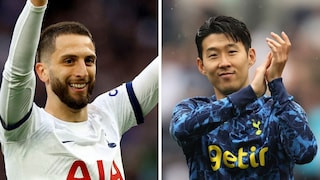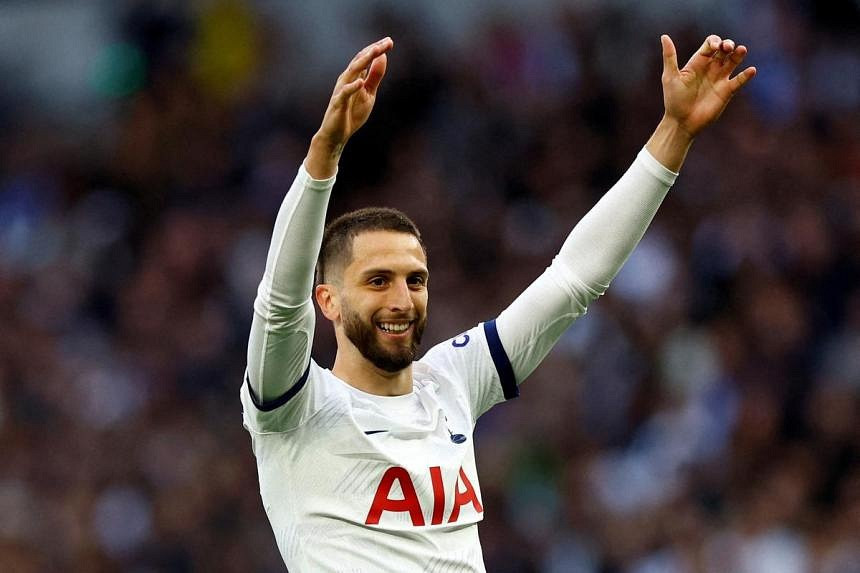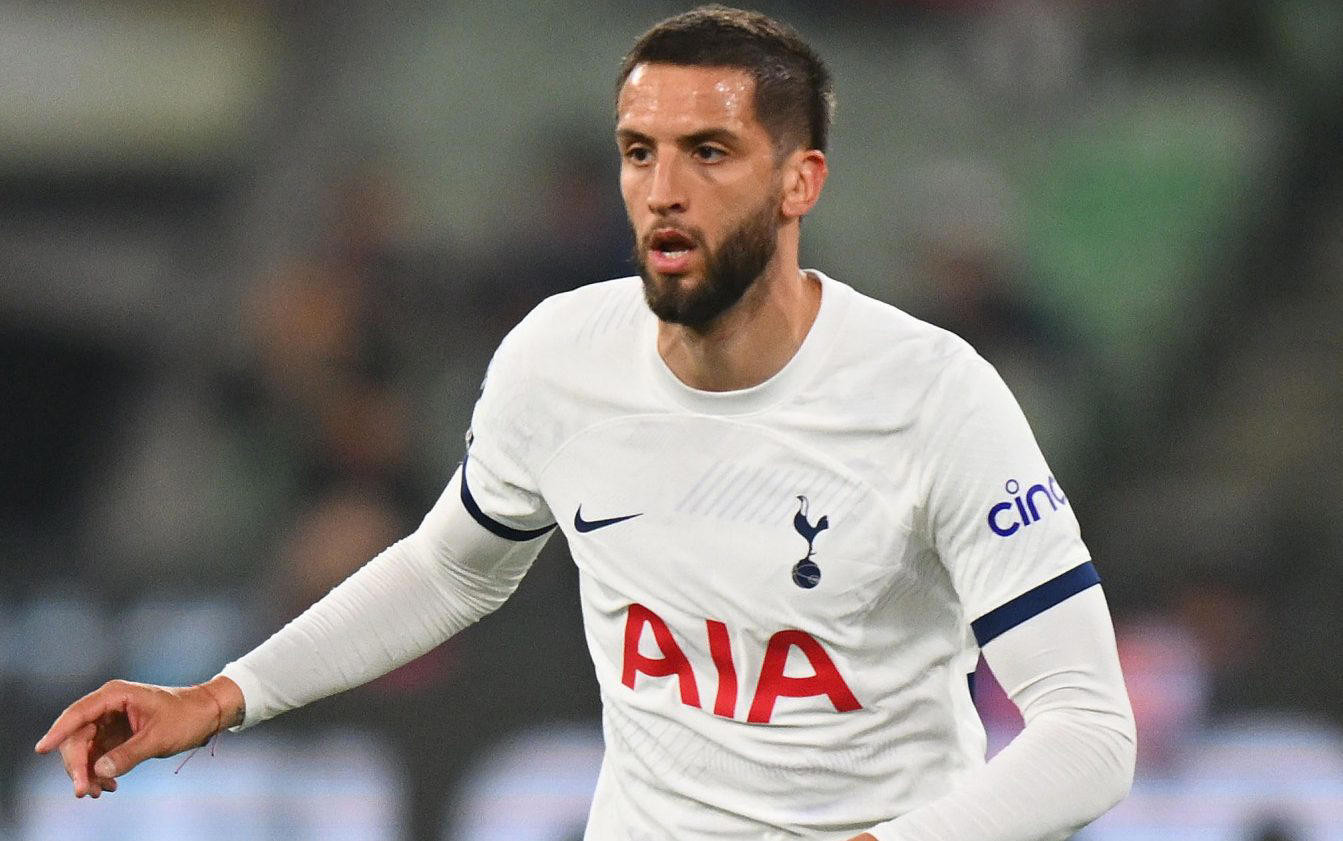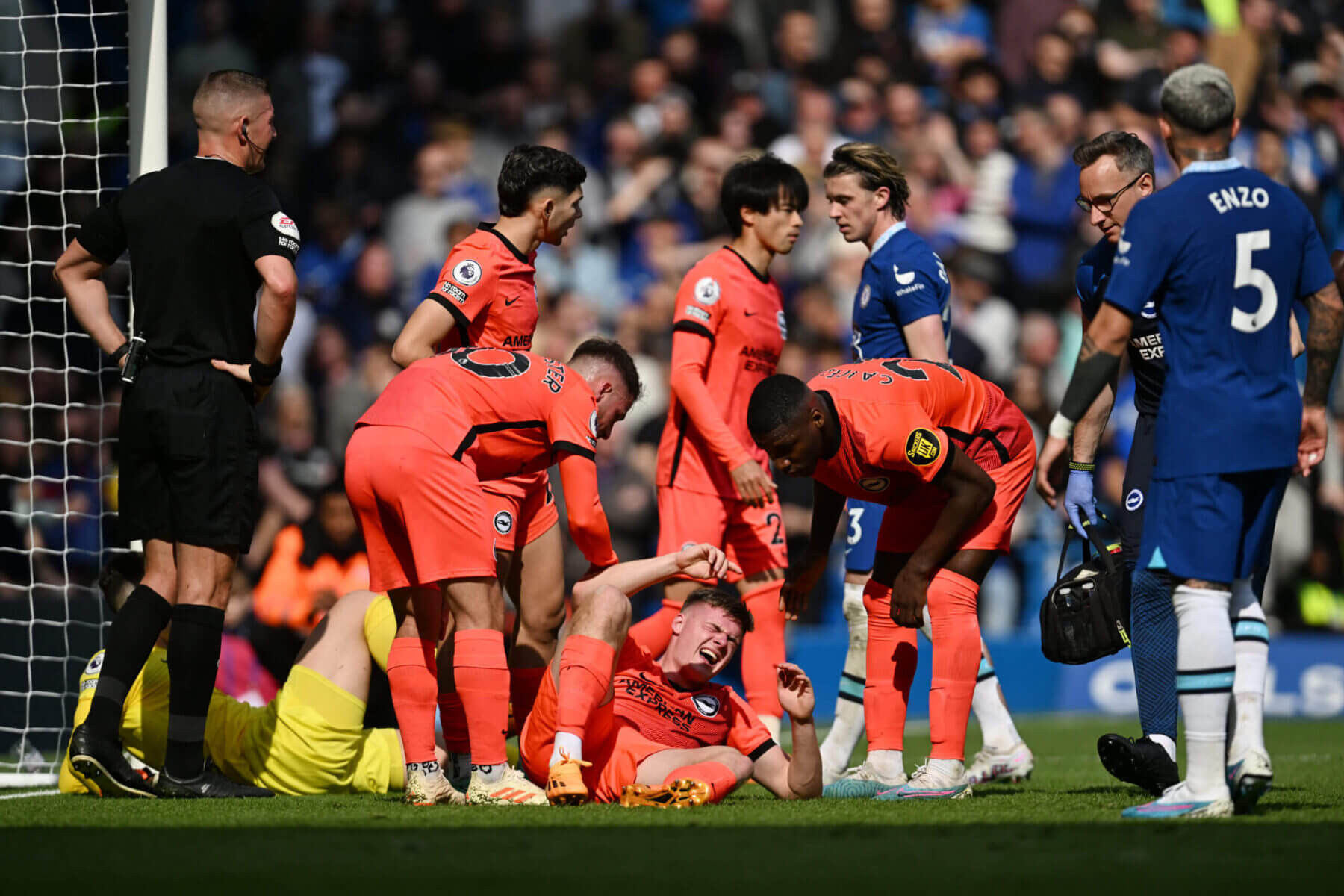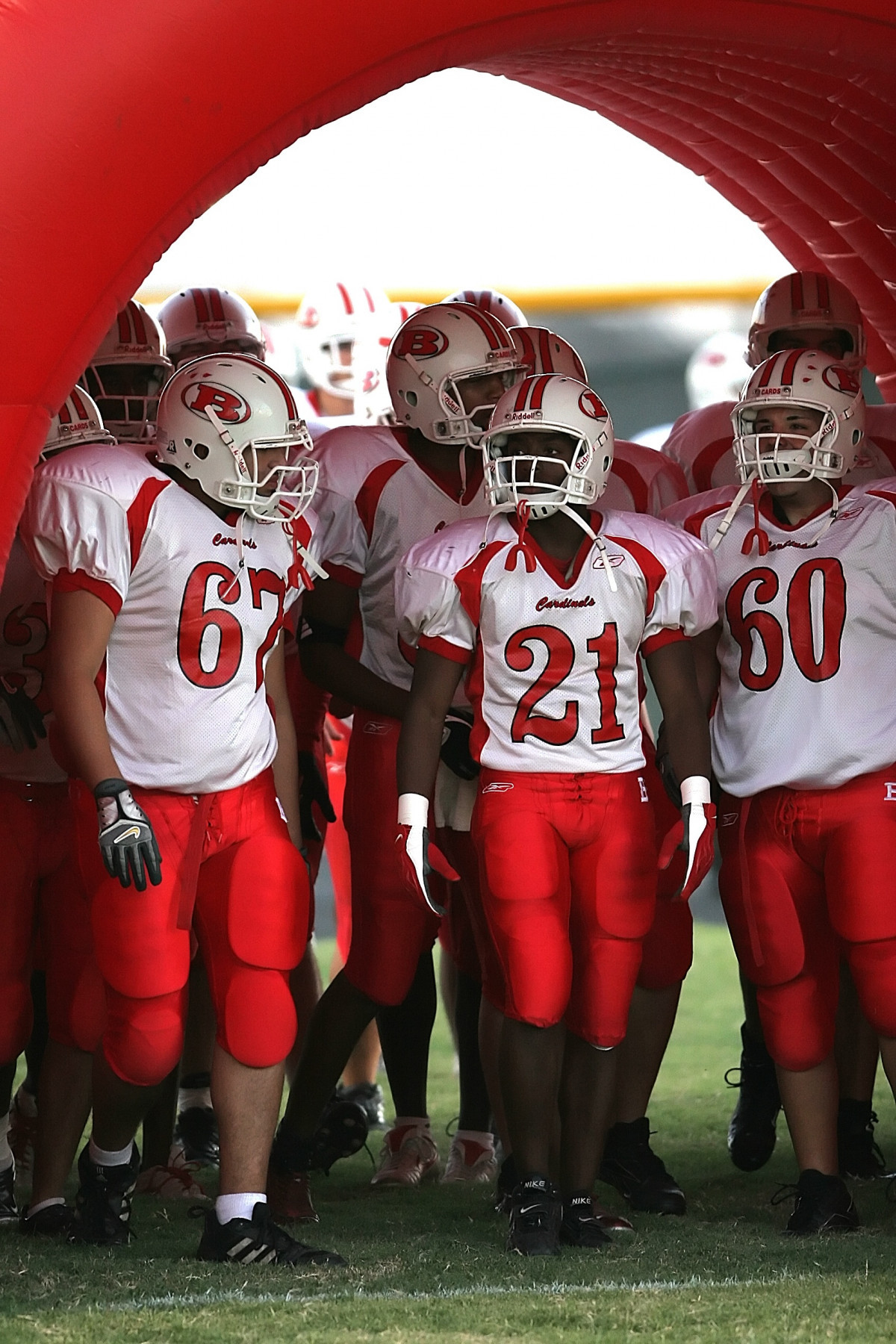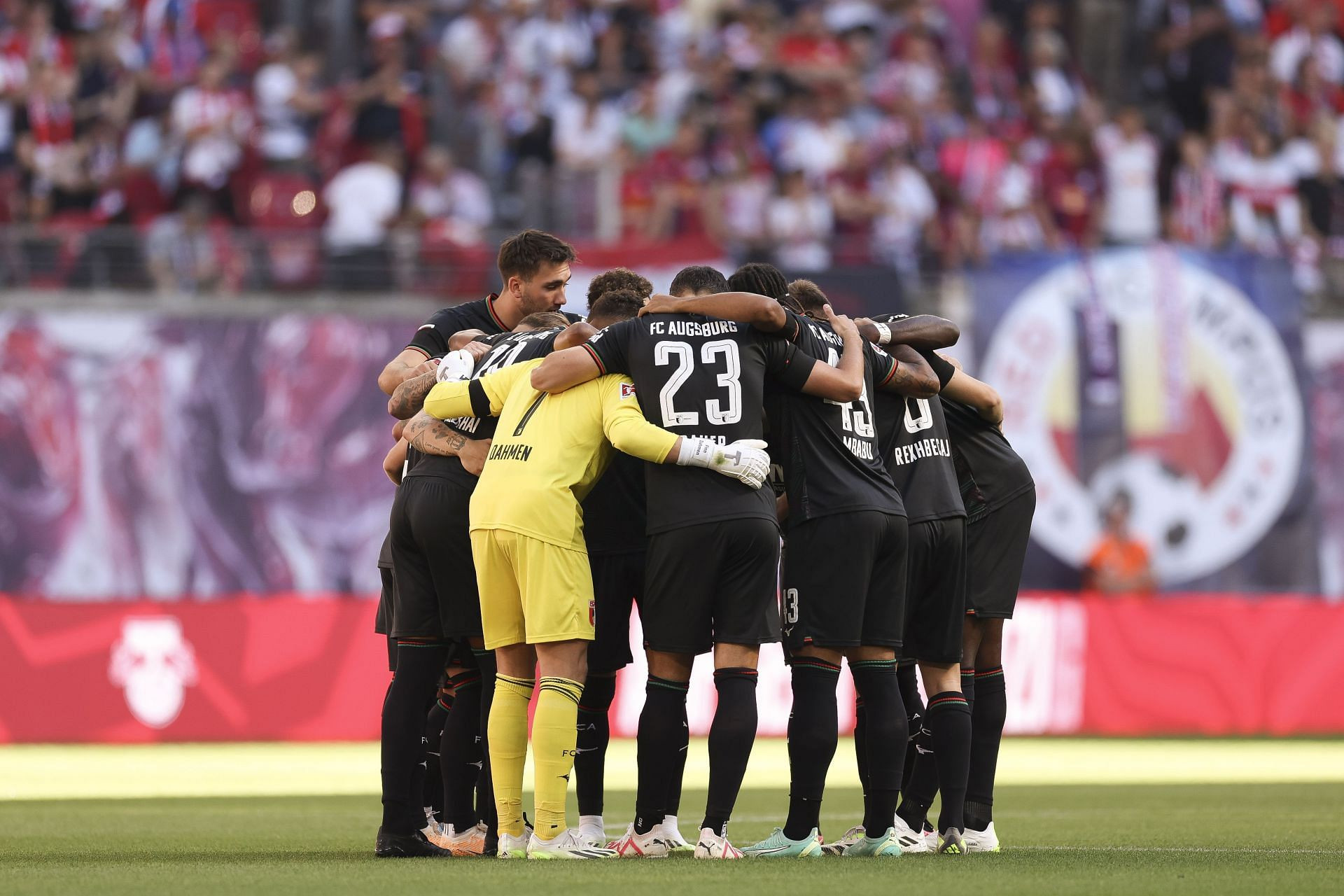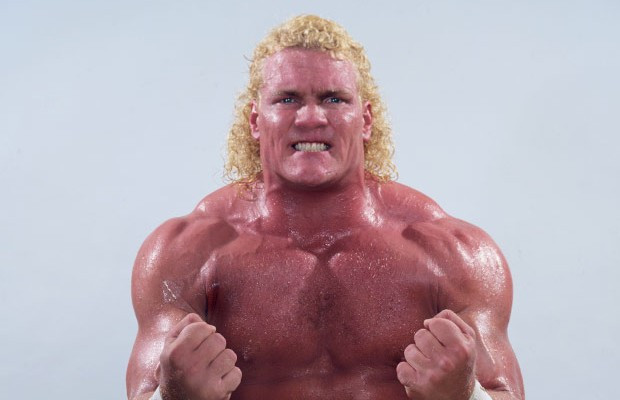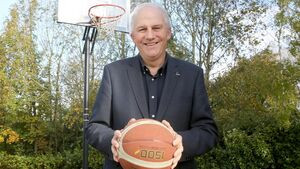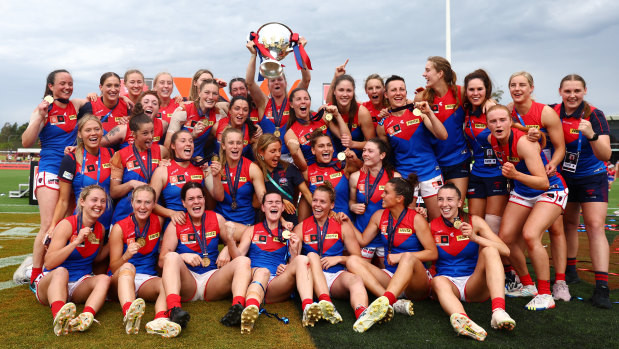Tottenham Hotspur Midfielder Rodrigo Bentancur Receives Seven-Match Ban for Racist Remark Against Teammate Son Heung-min
Tottenham Hotspur midfielder Rodrigo Bentancur has been handed a seven-match ban and a £100,000 fine by the English Football Association (FA) for using abusive language and bringing the game into disrepute. The incident stems from comments he made about his teammate, Son Heung-min, during an interview on Uruguayan television in June. The FA's decision concludes a period of intense scrutiny for the player and his club.
The Controversial Comments and the FA Charge
The controversy originated from a clip circulating on social media, taken from an interview on the Uruguayan television programme "Por La Camiseta." When asked by host Rafa Cotelo to provide a Spurs player's shirt, Bentancur responded, "Sonny's? It could be Sonny's cousin too as they all look the same." This remark, interpreted as a racially insensitive generalization about South Koreans, quickly sparked outrage.
The FA subsequently charged Bentancur with an "aggravated breach" of its rules, citing the comments as a reference to nationality and/or race and/or ethnic origin. This aggravated nature of the charge contributed to the severity of the resulting punishment.
Bentancur's Denial and the Regulatory Commission's Decision
Despite denying the initial charge, an independent regulatory commission found the evidence against Bentancur to be conclusive, leading to the seven-match ban and hefty fine. The decision highlights the FA's zero-tolerance policy on discriminatory language within the sport.
The Impact of the Ban
Bentancur's seven-match suspension impacts Tottenham's upcoming Premier League fixtures significantly. He will miss crucial matches against Manchester City, Chelsea, and Liverpool, among others, along with a Carabao Cup quarterfinal against Manchester United. The ban, however, only applies to English club football, meaning he will remain eligible to play in European competitions.
Son Heung-min's Response and Team Unity
The incident's aftermath saw Son Heung-min publicly accept Bentancur's apology, emphasizing their strong bond as teammates. "He made a mistake, he knows this and has apologised. Lolo [Bentancur] would not mean to ever intentionally say something offensive. We are brothers and nothing has changed at all," Son stated on social media, underscoring the team's commitment to unity despite the controversy.
Looking Ahead: Education and Redemption
Beyond the immediate sanctions, Bentancur is also required to complete face-to-face education sessions by March 2025, demonstrating the FA's commitment to fostering a more inclusive environment within the sport. This mandatory educational component reflects a broader effort within football to tackle racism and promote understanding.
A Pathway to Reconciliation
While the incident remains a stain on Bentancur’s record, his apology, Son's acceptance, and the mandated education program offer a pathway towards reconciliation and the potential for future growth. The focus now shifts to ensuring that the incident serves as a learning experience, promoting a more respectful and inclusive future within professional football. The outcome of this incident serves as a powerful example of the consequences of discriminatory language and the importance of accountability within the sport.
The FA's decision underscores its commitment to combating racism and fostering a more inclusive environment in football. This case underlines the importance of player education and accountability in preventing future occurrences of similar incidents.
This incident serves as a potent reminder of the impact of words, the responsibility players hold in representing the sport, and the importance of fostering respectful interactions within professional football. While Bentancur's actions caused significant damage to his reputation and his team, the road to redemption is open, provided he fully embraces the educational opportunities and acts in accordance with the principles of equality and respect in the future. The upcoming months will be crucial to demonstrate this commitment to change. The focus must remain on learning from the mistakes of the past and building a more inclusive future for the sport.




